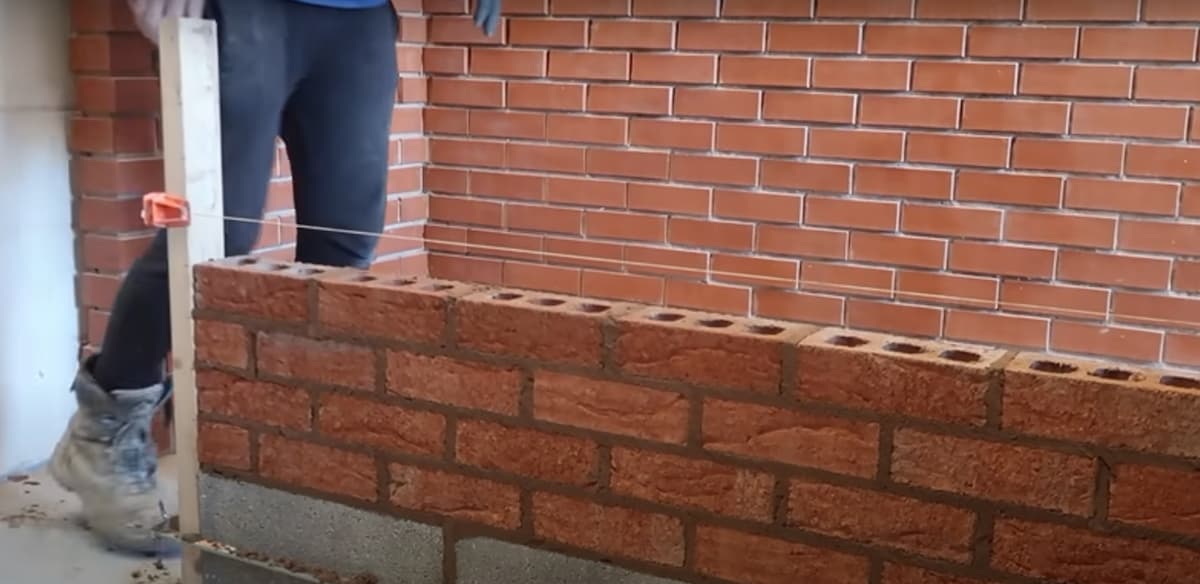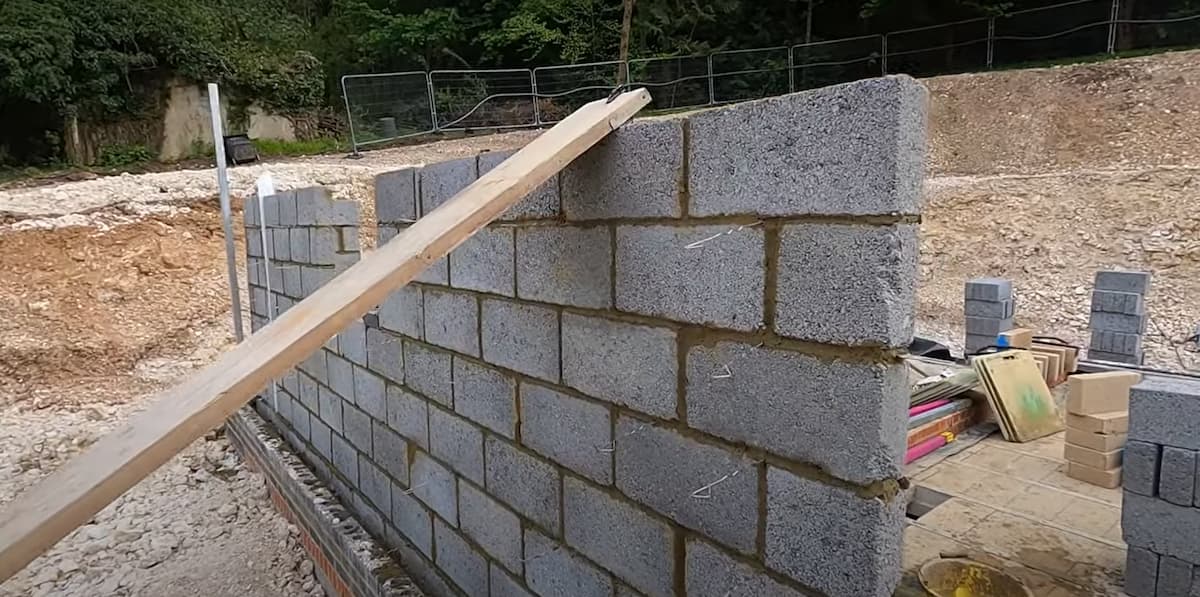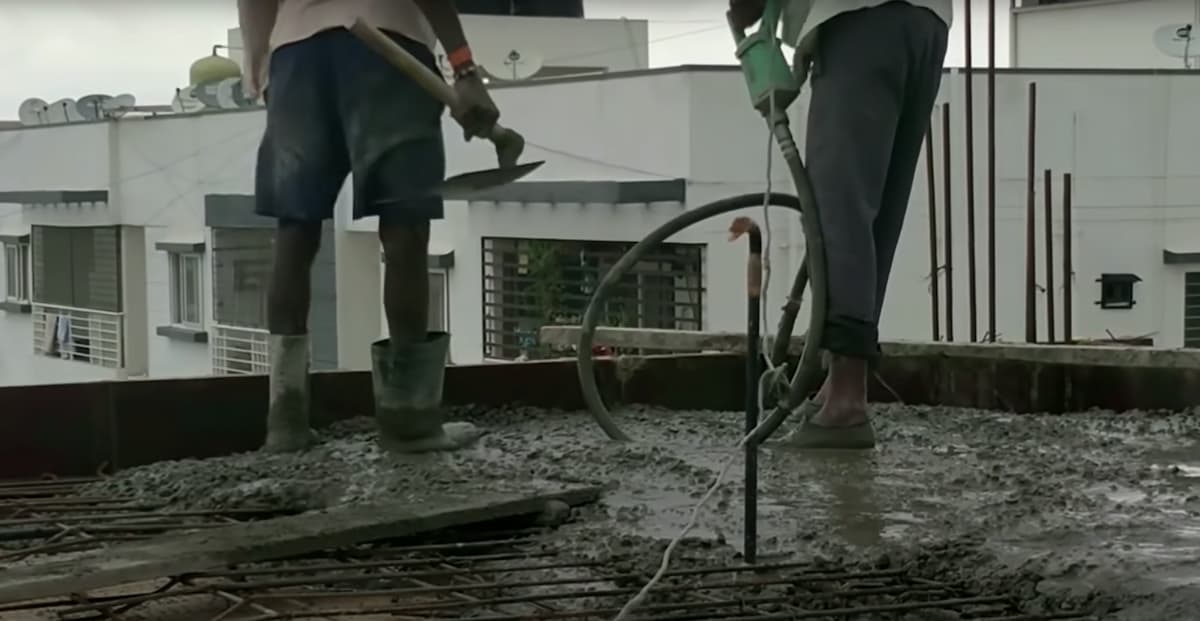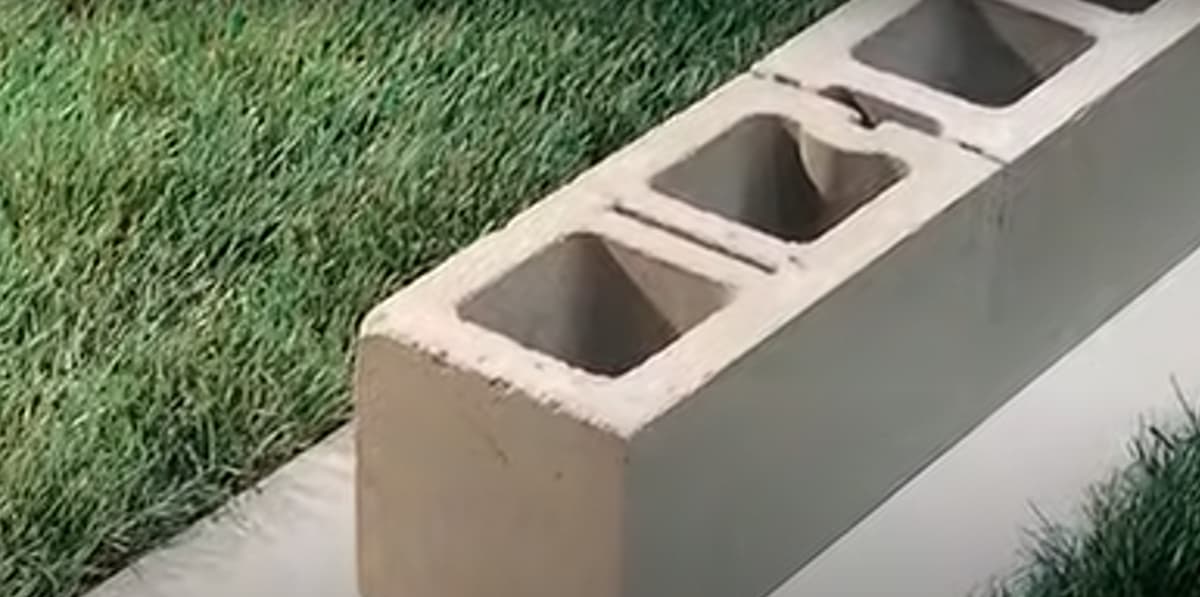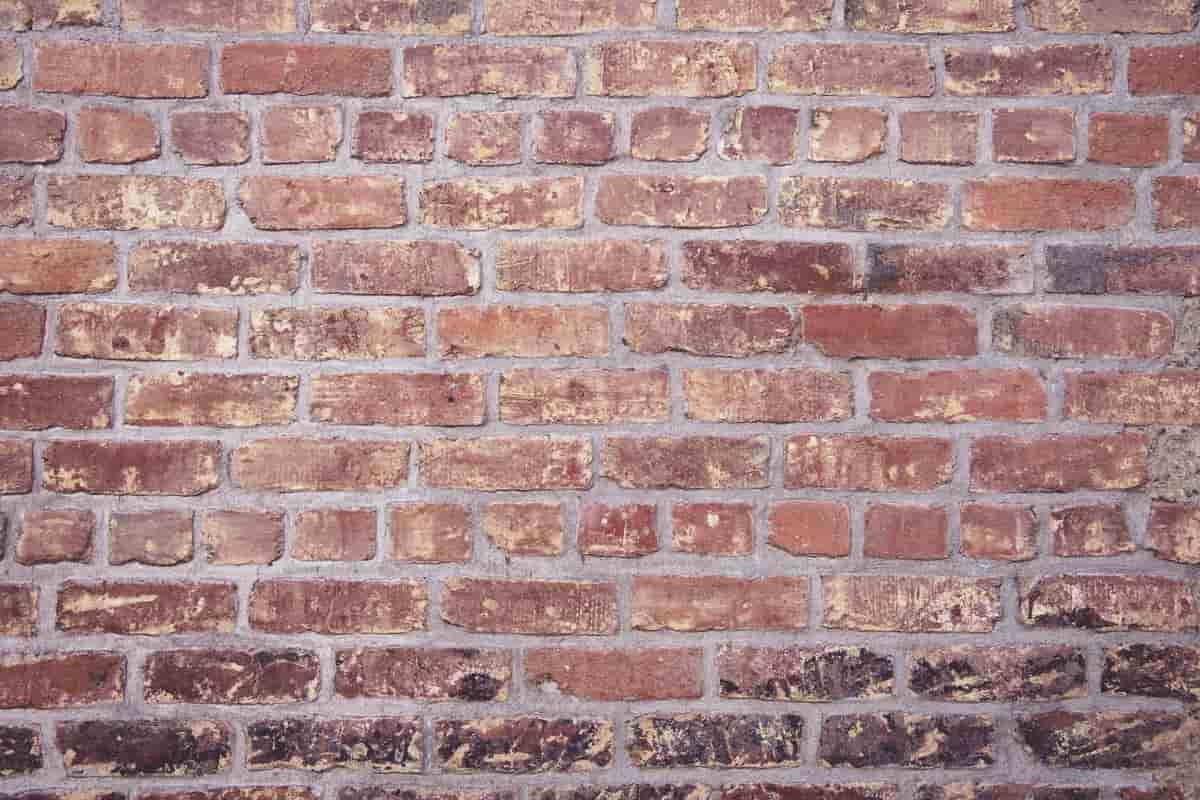
What are bricks and what are they used for | What is concrete and what is used for | The difference between brick masonry and concrete blocks | Advantages of bricks | Disadvantages of bricks | Advantages of concrete | Disadvantages of concrete
When building a home, you have to consider many factors before making a final decision. Just after constructing the foundation, the question will arise which material to use for wall construction. There are several possibilities on the market, from the most classic brick to modern concrete blocks. Both have exceptional features and a lot of thermal mass, which increases their insulating properties.
So, if you’re planning to build a traditional look house, your choice will be brick for masonry work. On the other hand, if it comes to a modern building, solid concrete will be more suitable. Despite their similarities, block and brick have some essential differences, that you need to assume before deciding what suits you the best.
What are Bricks & What are they used for?
Bricks are one of the oldest building materials used for construction and still very much relevant today in modern architecture. Since the main component of the brick is clay, the quality of this raw material is crucial. Given that, brick walls are durable, require almost no maintenance, and is recycled at the end of use. Also, because of their excellent thermal performance, brickwork makes houses more energy efficient. If you carefully approach masonry, brick constructions can be a long-term life structural unit and provide all necessary conditions for a comfortable life. The average brick density is 125 PCF. You can get bricks in various colours, textures, dimensions, and shapes.
Uses of Bricks
Due to its excellent performance, brick has found application in many masonry structural unit:
- Buildings
- Bridges
- Foundations
- Arches
- Pavements
- Brick flooring
Also, bricks are easy to manoeuvre and can be purchased in different shapes, sizes, and colours, so they’re used:
- In Pavements
- As Facing Brick
- For Architectural Purposes
What is concrete & what is it used for?
Concrete is an artificial conglomerate made of Portland cement, aggregates and water. To improve its properties, additives are often added. Concrete blocks have found enormous application in modern house construction. Nowadays, concretes are so perfected that they have excellent insulating properties and meet all the criteria of their future customers. Concrete block has a lower volatile organic compound (VOC) emittance rating than wood, so they’re a healthier choice because VOC causes headaches, nausea, sinus irritation, and damage to internal organs. Cement is the main component in this type of masonry. So, if you want a solid building and a fast masonry process, concrete blocks are the right choice. Before owning a concrete block house, homeowners should consider the advantages and disadvantages of this type of masonry.
Uses of Concrete
Blocks have found application in many aspects as a structural unit:
- Security Barriers
- Garden Walls
- Landscape Design
What is the difference between Brick Masonry & Concrete Blocks?
To help you identify the main differences, we will pass through several major features:
Size
- Cement blocks (solid and hollow)
200mm x 400mm x 200mm – bearing walls
100mm x 400mm x 200mm – partition walls
- Bricks
230mm x 110mm x 75mm (standard size)
Weight
Both are quite heavy materials. Their weight depends on the materials and type of construction.
The average clay brick mass is around 5 pounds and conventional 8-inch concrete blocks around 43 pounds each.
Strength
Mostly, the strength of a wall depends on the type of mortar used during masonry. Concrete blocks have a slightly higher level of compressive strength than clay bricks:
- The average concrete block – 3500 psi
- The average clay brick – 3000 psi.
Insulation
Concrete blocks with a cavity within provide higher insulation values, but compared to solid blocks, brick is better suited to provide insulation.
Insulation value (R-value):
- Basic brick walls – 0.2 psi
- Conventional 8-inch concrete block walls – 0.08 psi
- Insulated concrete block – 1.2 psi
- Air-entrained block – 3.9 psi
Cost
The costs of the brick construction and concrete blocks or brick may be similar, but the price of mortar and technical skill influence most of it. The price of single clay brick is about $1.50, while an 8-inch concrete block costs about $1.35 (aerated concrete block $11.00 when installed) and a heavier block is around $15.00.
Advantages of Bricks
- Energy-efficient – the perfect choice for passive building design with great thermal insulating qualities.
- Low maintenance -relatively maintenance-free, saving you on the cost and time.
- Creative and colourful – a bunch of colours and textures which provide impressive and lasting contrasts.
- Hard and durable – the quality construction, ageless brickwork and secure your family for generations to come.
- Sustainable – long-lasting life cycle offers ongoing environmental and health benefits, durable, reusable, free from contaminants and resistant to fire.
- Economical – cost-effective and easy to work with.
Disadvantages of Bricks
- Time-consuming construction – it’s more difficult to make possible structural changes on brickwork
- Cannot be used in high seismic zones – due to the earthquake comes easier to collapse
- Since bricks absorb water easily, therefore, it causes efflorescence when not exposed to air – stain and moss cleaning required
- Less tensile strength – rigid material that can crack easily while exposed to tension
- Cleaning brick surfaces is a hard job – you should probably need pressure cleaner
- The colour of low-quality brick changes when exposed to the sun for a long time – the facade will not remain the same colour but will change over time
Advantages of Concrete (Blocks & Formwork)
- Low maintenance home in a high moisture location – doesn’t attract mould or mildew when it remains wet; lower risk of experiencing structural damage over time.
- Resistant to strong winds – an additional privilege in addition to excellent load-bearing; some structures can withstand speeds of over 200 mph.
- Provides a natural level of fire resistance – preferred in regions that experience frequent wildfires.
- Lowers home energy usage – heat loss can be up to 20% lower, especially if there’s another layer of insulation.
- Soundproof – perfect for urban environments or properties near military bases; 75% of the outside noise gets blocked, so there’s no need for additional sound insulation
- Healthy home choice – blocks allergens, radon, and other toxins that can be problematic.
- In case of disaster, cheaper to rebuild – combination with the steel reinforcing rods works well in regions that suffer from earthquakes.
Disadvantages of Concrete (Blocks & Formwork)
- The building cost is much higher – the price of concrete and mortar varies depending on the region and can be up to three times higher in some regions.
- Lack of curb appeal – must add a layer of cement or stucco to the structure so that it can be painted (another expense gets added to the final cost).
- Susceptibility to water seepage over time – it’s porous and it will eventually find a way through your wall to compromise the house.
- Not suitable for some regions – some construction crews might not have experience working with it; you may need the usage of reinforcing steel to improve structural strength.
- Easy to compromise environmental benefits by openings – required doors and windows purchase that have excellent weather stripping.
<


